From Export Diversification to Tech Partnerships, China’s Auto Industry Gears Up for Market Boom
Input
Modified
CPCA Chief: “China’s Auto Exports to Double by 2030” Carmakers Diversify Beyond U.S. and Russia to New Markets Huawei, Alibaba Among Tech Giants Expanding Role in Auto Sector
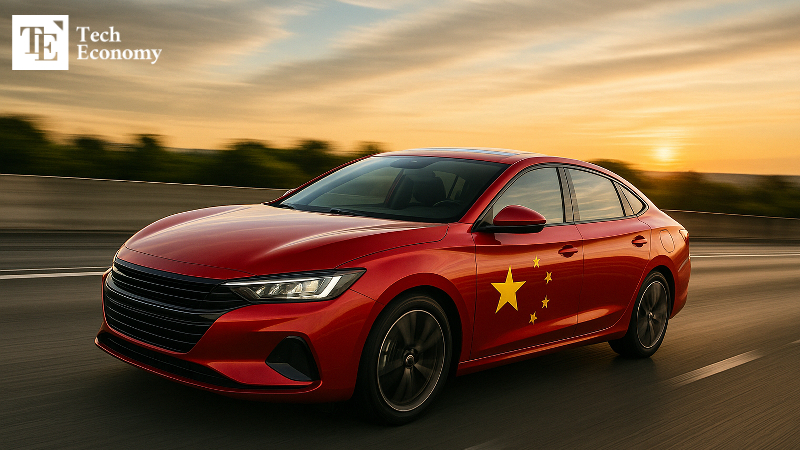
China’s auto market is projected to see explosive growth in the coming years. Domestic automakers are rapidly expanding their presence across both export and domestic markets, positioning themselves to capture a large share of demand for low-cost vehicles. Analysts say this scenario is highly plausible, given China’s efforts to diversify export destinations and the active cooperation of local tech companies.
Optimistic Outlook for China’s Auto Market
According to the South China Morning Post on the 24th, Cui Dongshu, secretary-general of the China Passenger Car Association, estimated that Chinese automakers could nearly double overseas sales by 2030. China exported about 4.96 million passenger vehicles last year, based on data from the China Association of Automobile Manufacturers (CAAM). Cui projected that annual exports could surge to 10 million units by the end of the decade. He acknowledged his forecast was more optimistic than the consensus but stressed that both domestic and export markets still hold vast growth potential.
“There is still enormous room for market expansion in less-developed regions such as central and western China and rural areas, where car ownership could eventually surpass that of major cities like Beijing and Shanghai,” he said. He also pointed out that vehicle ownership in China remains relatively low, at 250 cars per 1,000 people. By comparison, 2020 figures from the International Organization of Motor Vehicle Manufacturers show 641 per 1,000 in Europe and 860 per 1,000 in the United States.
Markets are increasingly echoing this outlook. Many expect the “chicken game” caused by oversupply in China’s car industry to end soon. A market analyst noted: “Chinese automakers are still locked in a costly battle from excessive competition, but as leading firms such as Geely move to scale back production, the market will gradually normalize. Continued internal adjustments and a shift from pure volume growth to R&D-driven qualitative growth could significantly strengthen China’s auto industry within a few years.”
Chinese Carmakers Diversify Export Destinations
China’s auto industry is increasingly reflecting the country’s broader push to diversify export markets. According to a Bloomberg report on the 23rd, Chinese firms recorded a $1.2 trillion trade surplus from January to August this year—the largest since the government began compiling such data. With U.S. tariff pressure weighing on exports to America, Chinese companies offset losses by aggressively expanding sales to other regions, lifting non-U.S. exports by about 10% during the period, the fastest growth since the boom year of 2022.
This shift is especially clear in the auto sector. Data from the Gasgoo Automotive Research Institute show that between January and May, China exported 189,273 vehicles to Mexico, up 24.2% year-on-year. The UAE imported 177,091 units (+61.0%) in the same period, making it China’s top market in the Middle East, while Saudi Arabia bought 95,961 units (+30.7%), holding second place in the region.
Latin America and Europe also showed signs of recovery. Brazil’s imports of Chinese vehicles totaled 133,619 units (down 4.9%), a softer decline than before, while the U.K. and Belgium posted modest increases of 2.6% and 0.7%, respectively. Spain stood out, with imports surging 50.3% to 60,536 units, positioning it as a new key market in Europe.
By contrast, Chinese auto exports to Russia plunged 55.3% to 146,210 units. The report cited surging inflation, high interest rates, and higher car-scrappage taxes as factors squeezing Russian consumers. Faced with geopolitical risks and shifting market conditions, Chinese automakers are moving away from a Russia-centered export model toward a more diversified global strategy.
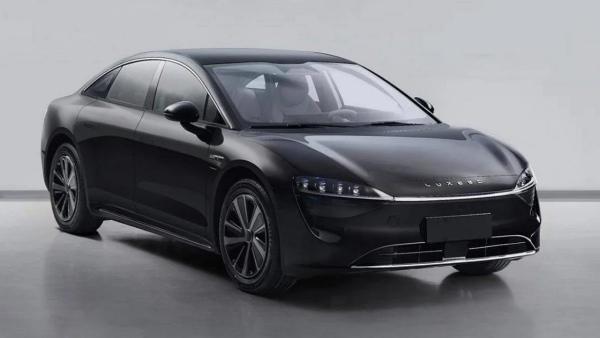
Chinese Tech Giants Deepen Ties With Auto Industry
It is not only automakers that are seeing rapid growth—Chinese technology firms are also expanding their influence in the auto sector. Huawei, for example, does not manufacture cars itself but has emerged as a key player through multiple partnership models. It co-developed the Luxeed brand with Chery, collaborated with Changan on the Avatr brand, and supplied smart driving and cockpit technologies for Dongfeng’s M-Hero model.
Huawei is also active as a technology supplier abroad. Leveraging know-how gained through close collaboration with domestic firms, it has begun targeting global markets. The company reportedly signed a major licensing agreement with a Volkswagen supplier covering standard-essential 4G patents, meaning Huawei’s technology underpins wireless connectivity in VW cars. Other automakers, including BMW, Mercedes-Benz, and Audi, have also struck licensing deals with Huawei to integrate its wireless technologies.
Alibaba, meanwhile, supports automakers with its expertise in cloud computing and artificial intelligence. Key partners include BMW and Bosch. BMW plans to integrate Alibaba’s large language model, Qwen, into its next-generation Neue Klasse models, enabling AI-powered personal assistants to enhance user experience. Bosch has tapped Alibaba’s cloud and AI infrastructure to co-develop smart mobility solutions.
Tencent, with its massive user ecosystem, has forged partnerships in infotainment, AI, and big data. Toyota and Hyundai are among its key partners. Toyota has entered into a strategic alliance with Tencent in the EV sector, with plans to incorporate Tencent’s AI, cloud, and big data technologies into electric vehicles sold in China. Hyundai has partnered with a Tencent smart mobility subsidiary to advance infotainment systems and build out a broader smart mobility ecosystem.


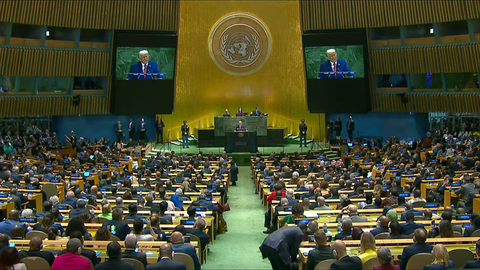
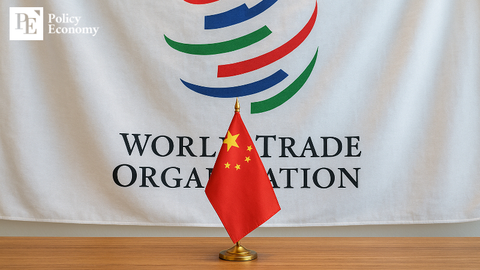
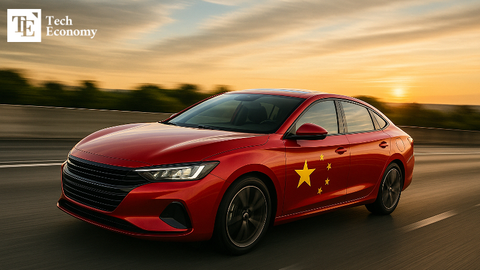
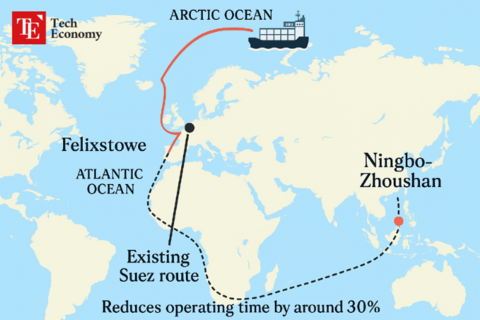
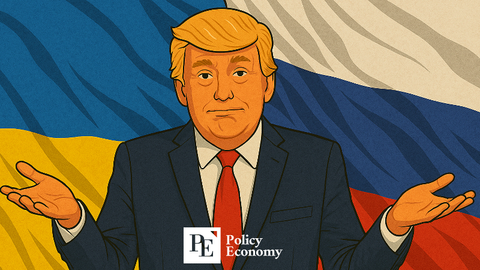















Comment